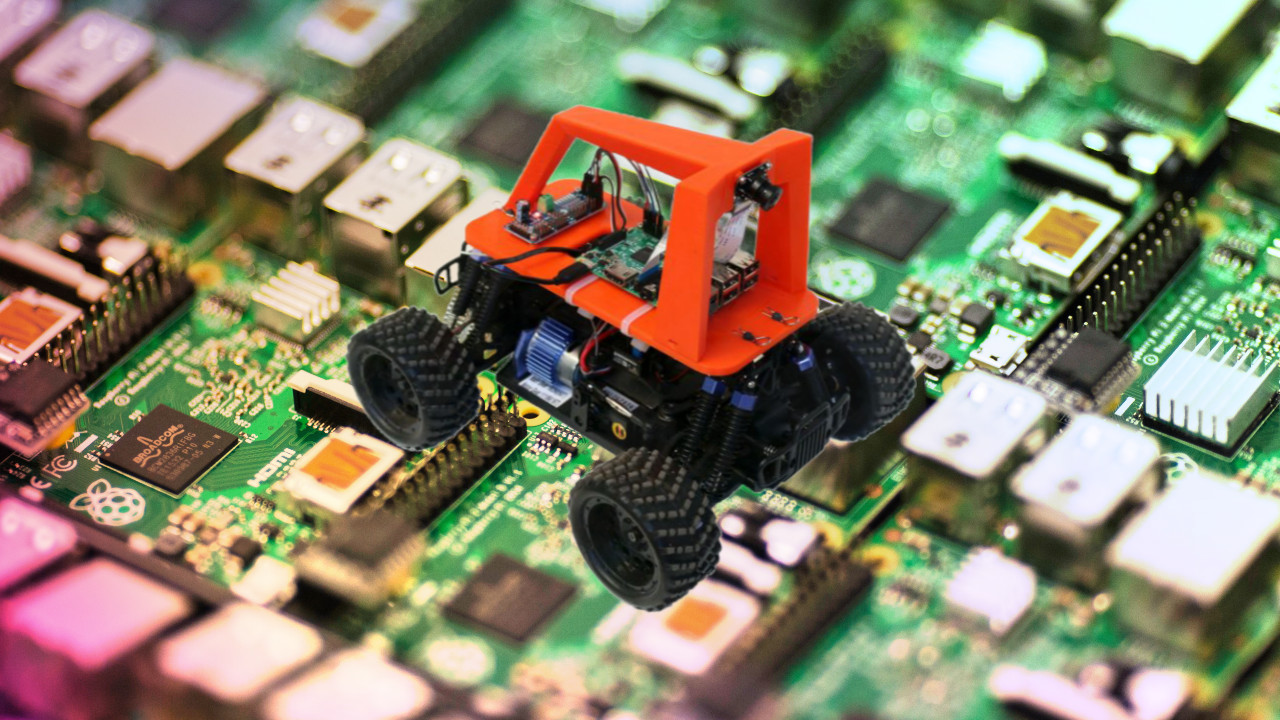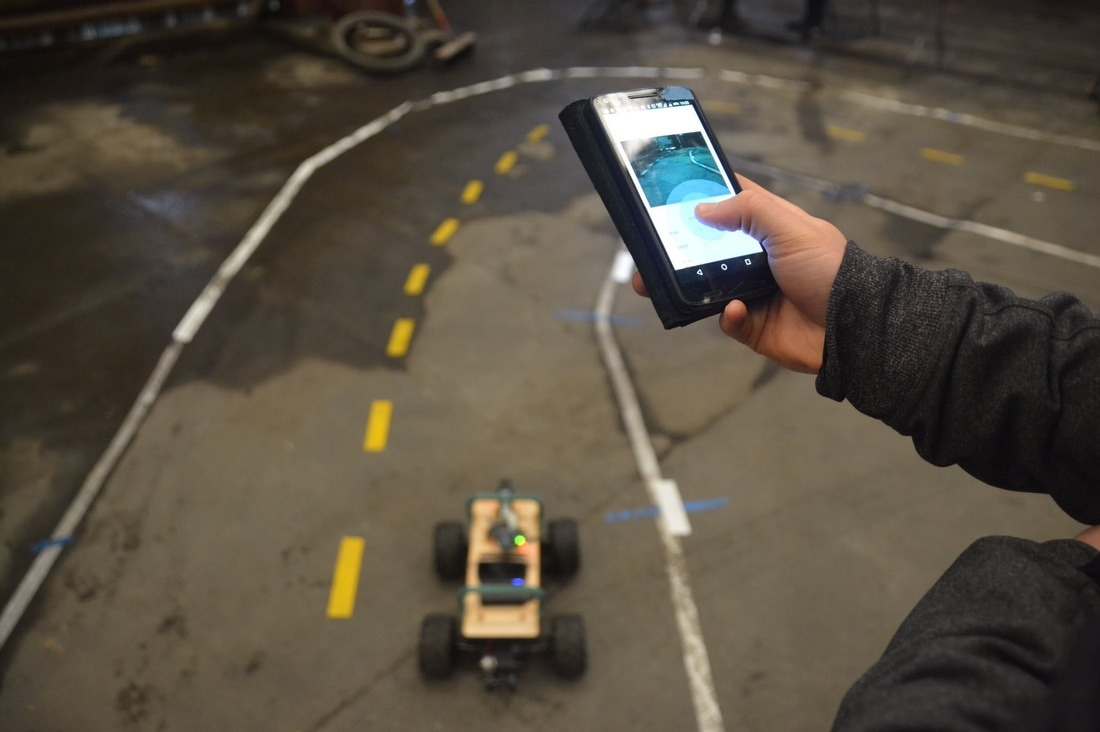Donkey Car Python Library Powers Self Driving Raspberry Pi Cars

Get Tom's Hardware's best news and in-depth reviews, straight to your inbox.
You are now subscribed
Your newsletter sign-up was successful
If you’re ready to race, you should check out Donkey Car. This open-source Python library makes it super easy to get off the ground with setting up your own driveable car project. Because it’s Python-focused, you can use it with a wide variety of boards ranging from Raspberry Pi to even the Nvidia Jetson range of boards.
This platform makes it easy to not only to drive cars remotely but also integrate them with AI systems so they can drive themselves. You can interface with it using a separate computer or device (like a smartphone or tablet) and make the RC car as complex as you want. Long gone are the days of building your own tool from scratch, Donkey Car has plenty of ready-to-go features out of the box that you can build off of to customize your project the way you want.
What can you do with Donkey Car
- Build your own toy car that can drive itself.
- Drive your car with your phone or laptop.
- Record images, steering angles & throttles.
- Train neural net pilots to drive your car on different tracks.
Not only can you use the SBC of your choice, you can build the RC car of your dreams. It works with plenty of existing car kits you can find online but you can also make one from scratch. The team at Donkey Car recommends using their Donkey2 setup. It costs around $250 to get all of the components and can be assembled in just a couple of hours.

The standard Donkey Car kit is available on the Donkey Car website for $92. It includes a camera, servo driver, 3D printed frame components, as well as screws and jumper wires for assembly. You’ll still need an RC car component, an SBC (like the Raspberry Pi), an SD card, and a battery. While it doesn’t have everything you need, it’s a great starting point. There are also a few chassis made by the brand Exceed that work well with Donkey Car. You can read more about the hardware requirements in the build guide.
If you want to read more about this project or maybe even make one yourself, check out the official Donkey Car website. If you’ve already got an RC car project lying around, it might be worth tinkering with to see how well it handles the Donkey Car library.
Get Tom's Hardware's best news and in-depth reviews, straight to your inbox.

Ash Hill is a contributing writer for Tom's Hardware with a wealth of experience in the hobby electronics, 3D printing and PCs. She manages the Pi projects of the month and much of our daily Raspberry Pi reporting while also finding the best coupons and deals on all tech.
